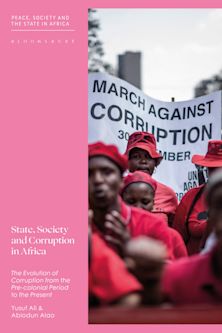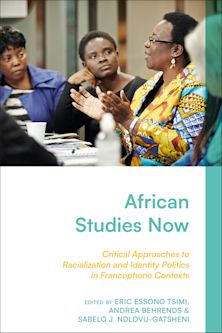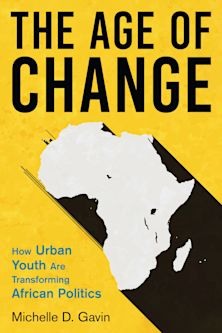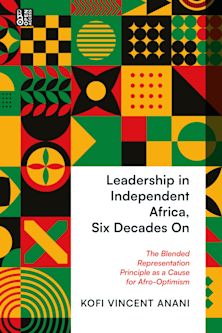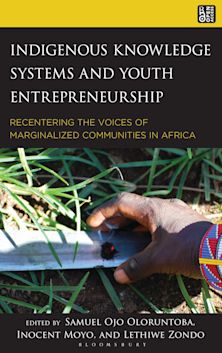Gathering Electronic Waste in Tanzania
Labor, Value, and Toxicity
Gathering Electronic Waste in Tanzania
Labor, Value, and Toxicity
This product is usually dispatched within 2-4 weeks
- Delivery and returns info
-
Flat rate of $10.00 for shipping anywhere in Australia
Description
Discussions of waste and electronic discard management often view micro-scale ingenious activities around unregulated recycling centers in the Global South only as a source of pollution. Gathering Electronic Waste in Tanzania: Labor, Value, and Toxicity goes further and explores the complexities of electronic waste management. Samwel Moses Ntapanta examines the materialities of electronics and e-discards, toxicity, and the sociocultural and economic fabrics of e-waste management in Tanzania. He traces the lifecycle of electronic goods beyond their discard in the Global South: from the importation of used goods to cycles of repair, and from the collection of ‘scrap’ to repurposing materials for manufacturing. Through the concept of gathering, Ntapanta provides insight into the effects of unregulated mechanisms to address the e-waste problem. He argues that understanding this connection between informal workers and the economy at large paves a path for better waste regime models, reduced violence, and environmental justice for workers and marginalized communities.
Table of Contents
Introduction: The Workshop at the Downstream of Techno Capitalism
Chapter 1: Electronic Discards: Worlding, Flows and Property Relations
Chapter 2: Informality and its Malcontents in Tanzania: A Brief History
Chapter 3: Repair Allegories: Phenomenology of Electronics Consumption and Repair
Chapter 4: Gatherings: Coming Together of Discards Labor
Chapter 5: Gathering: Locating and Gathering Discards
Chapter 6: Crafting Discards: Tools, Knowledges, and Imaginaries
Chapter 7: Follow the Problem: From Discards, Charcoal Stoves, to Deforestation
Chapter 8: Lifescaping Toxicity: Locating and Living with Pollution
Conclusion: Gathering Home, Hopes and Loss
Bibliography
About the Author
Product details
| Published | 15 Jan 2025 |
|---|---|
| Format | Hardback |
| Edition | 1st |
| Extent | 190 |
| ISBN | 9781666956269 |
| Imprint | Lexington Books |
| Illustrations | 1 Table, 13 BW Photos |
| Dimensions | 229 x 152 mm |
| Publisher | Bloomsbury Publishing |
Reviews

ONLINE RESOURCES
Bloomsbury Collections
This book is available on Bloomsbury Collections where your library has access.













